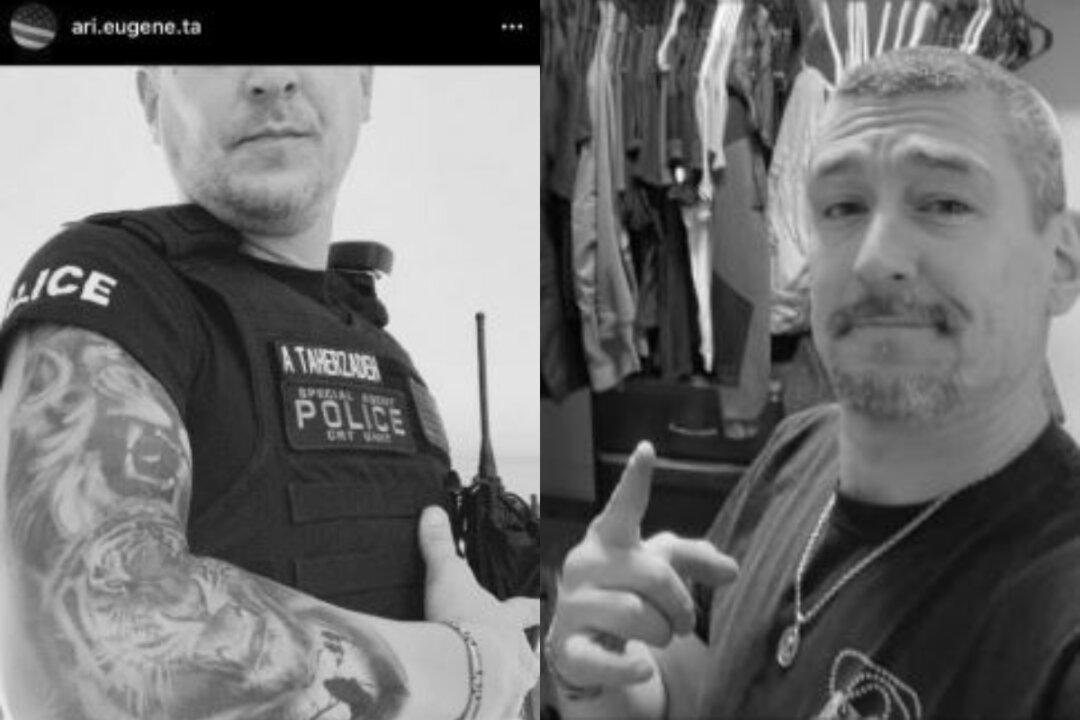Two men who allegedly lavished gifts on Secret Service agents and posed as agents themselves are accusing the U.S. government of hyping what actually happened as they seek their release from detention.
One of the men, Haider Ali, is also saying that he had little to do with the operation, with a lawyer suggesting he was duped in a similar way as the actual agents.





